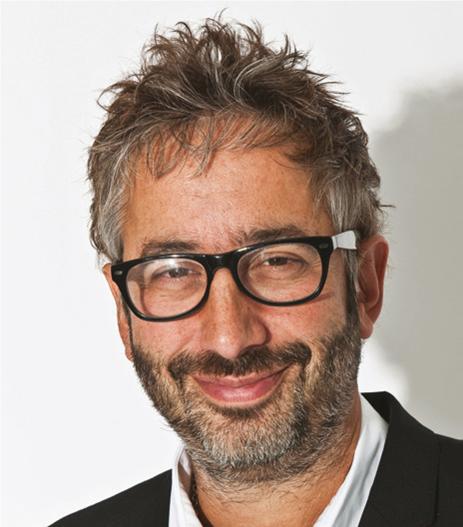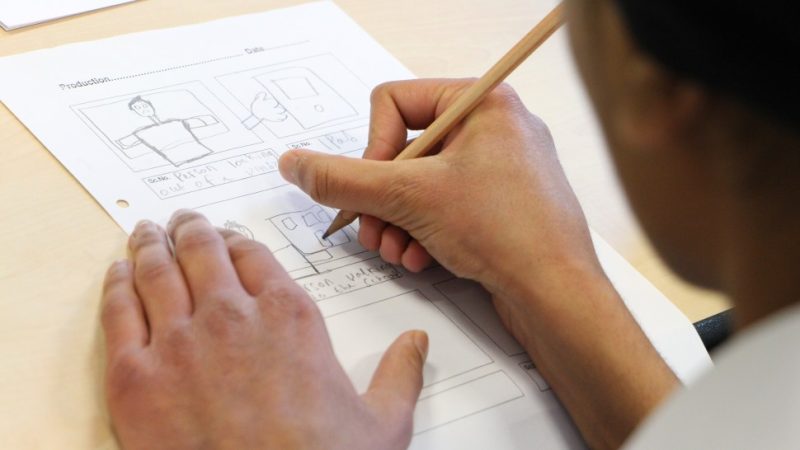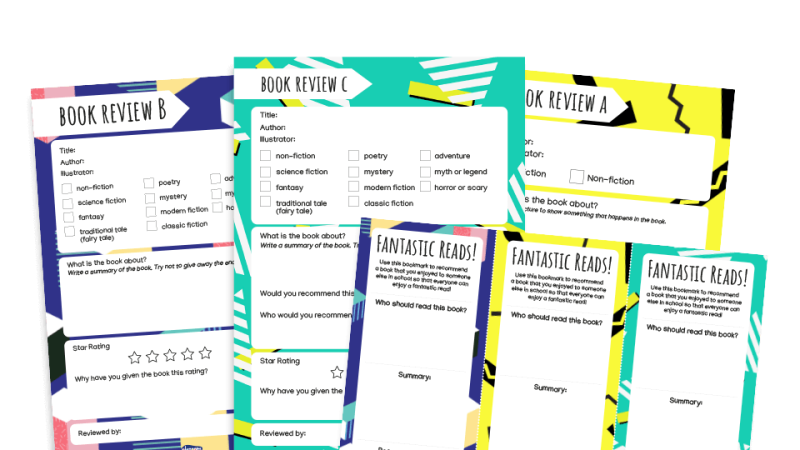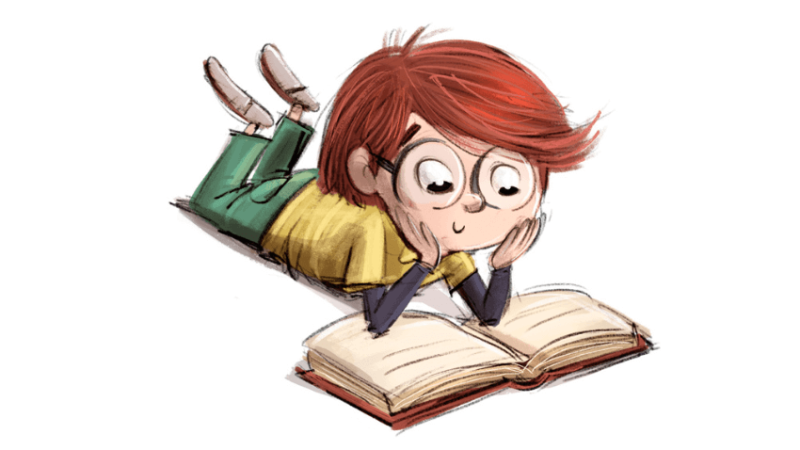David Baddiel: “It’s Not Always Easy To Identify The Baddies”
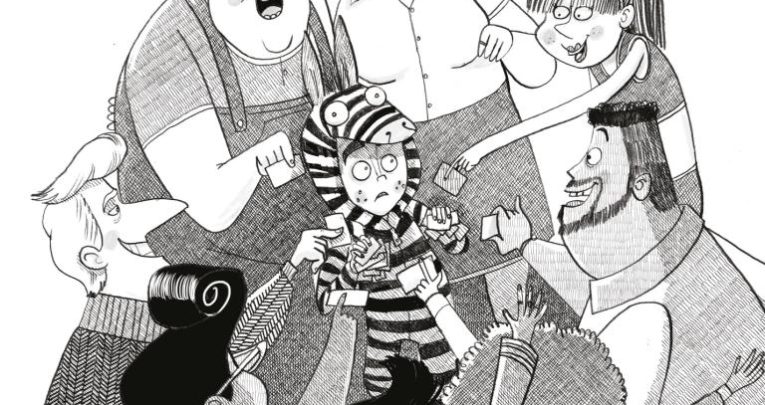
For comedian and author David Baddiel the story always comes first…

Books were definitely important in our house when I was growing up. Not so much because of my dad – he was a scientist, and very keen that all his children should grow up to be scientists, too (although none of us did) – but definitely thanks to my mum.
She was big on reading and storytelling, and from quite an early age I developed a love of Roald Dahl’s books, as well as Just William and Billy Bunter. Both my parents were collectors, and one of the things my mum collected was old children’s books, so they were a feature around our home, and easy to get into.
So easy, in fact, that somehow I ended up as a member of something called the Old Boys’ Book Club – it still exists, actually, with members getting together on the second Sunday of the month at various London locations to discuss the exploits of Billy Bunter, Dan Dare and other beloved characters with a healthy dose of nostalgia and “full tea provided!” according to the website. I was about 11 when I was going to meetings, and everyone else there must have been 70. I remember the tea, which was always very nice indeed, being a significant attraction; but I was also genuinely into the world of Greyfriars that Charles Hamilton created under the pen name of Frank Richards. I’m sure it was dated in lots of ways, even then, but for a kid leading a very ordinary, middle-class life in 1970s London, there was something magical about being able to escape into the adventures of a group of children at a rather gothic, castle-like public school – a precursor of Hogwarts, really.
I don’t have very clear memories of learning to read at school – I went to an Orthodox Jewish primary and therefore spent a lot of time studying Hebrew, which sort of gets in the way when I try and recall other aspects of my early education. For me, stories were something that happened at home, and my interest in narrative, which is very strong, was inspired mainly by my mother. It’s been fascinating watching my own children go through the process, because although schools appear to pay much more attention to the mechanics than they used to, reading seems to have been something my two suddenly ‘got’, overnight almost; like an epiphany. They’re 11 and 14 now, and both active readers – although my son, Ezra, prefers comics to books at the moment.
It was a conversation with Ezra, actually, when he was nine, that gave me the idea for my first children’s book, The Parent Agency. We were talking about Harry Potter, and he suddenly said, “Why didn’t Harry just run away from the Dursleys and find a better family?” I told him I didn’t know, but it started me thinking about a story set in a world run by children, where you get to choose your own parents.
It seems to me that a great children’s book should do two things: it should tap into a primal fantasy (like being able to pick your family), but also outline in its narrative the jeopardy inherent in bringing that fantasy into the real world. Roald Dahl was brilliant at this – there’s a wonderful darkness running through all his books, and Charlie and the Chocolate Factory stands out, for me, as an example of what happens when you get it completely right (although I realise now that I’m not sure whether I’m remembering it with such affection from my own childhood or from later, sharing it with my children).
There is no question in my mind that if you want to be a writer, the best thing is to read as much as you can. That’s how you learn what a story is; its power, and its rhythm. The way all the elements move together, like clockwork. And the more you read, the more complexities you discover – like the fact that, as in life (and Doctor Who), in books it’s not always easy to identify the ‘baddies’ and the ‘goodies’.
JK Rowling plays with this idea, and it’s something that’s a feature in the work of my favourite author, John Updike. When you’re writing for adults, people will often say that the plot isn’t as important as things like character development and dialogue; I’ve never thought that, and I love the way that when your readers are children, you don’t have to be ashamed of putting the story right at the front of what you’re doing; because ultimately, coming up with a really good story – one that says something true – is a beautiful thing.





